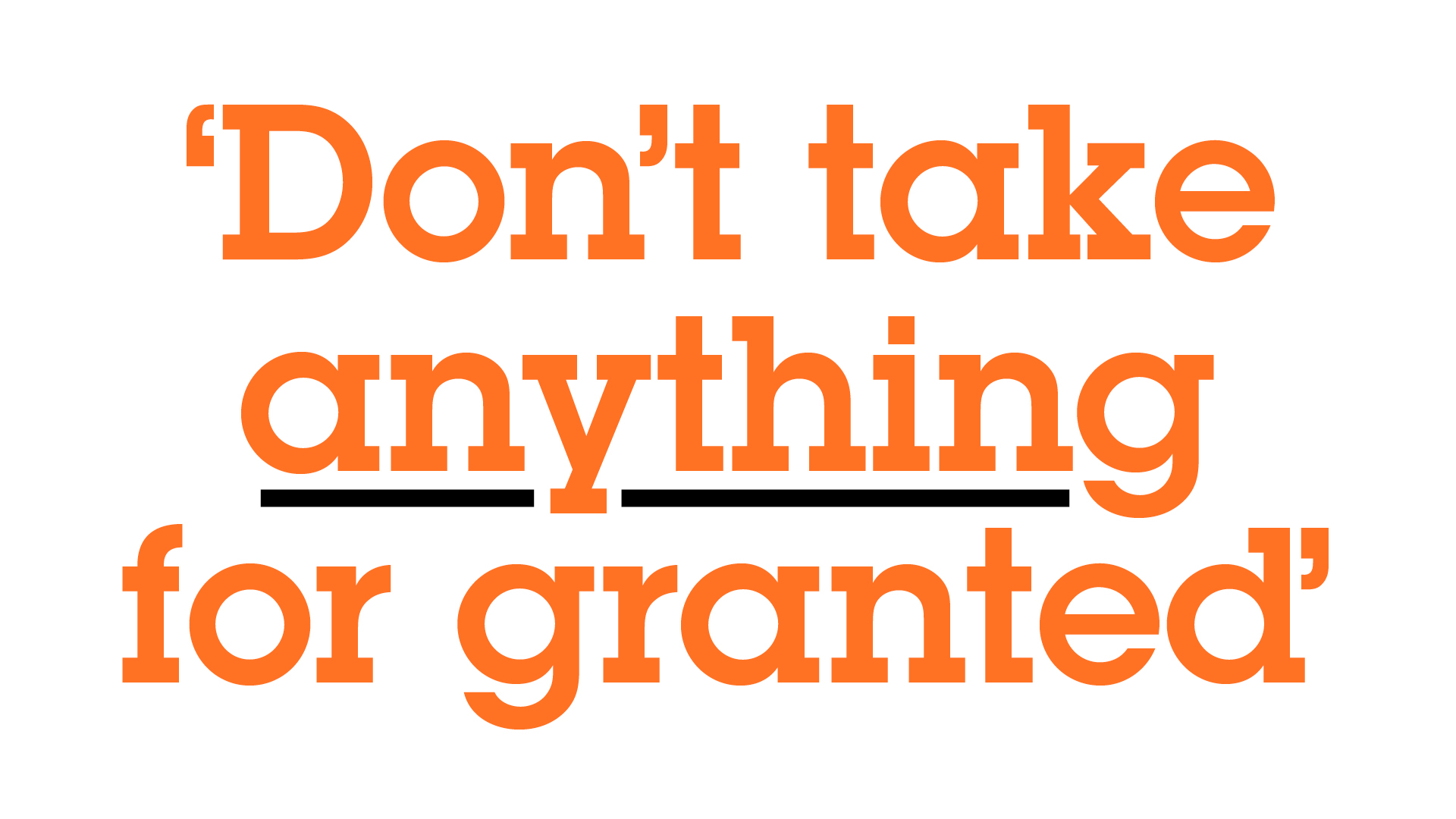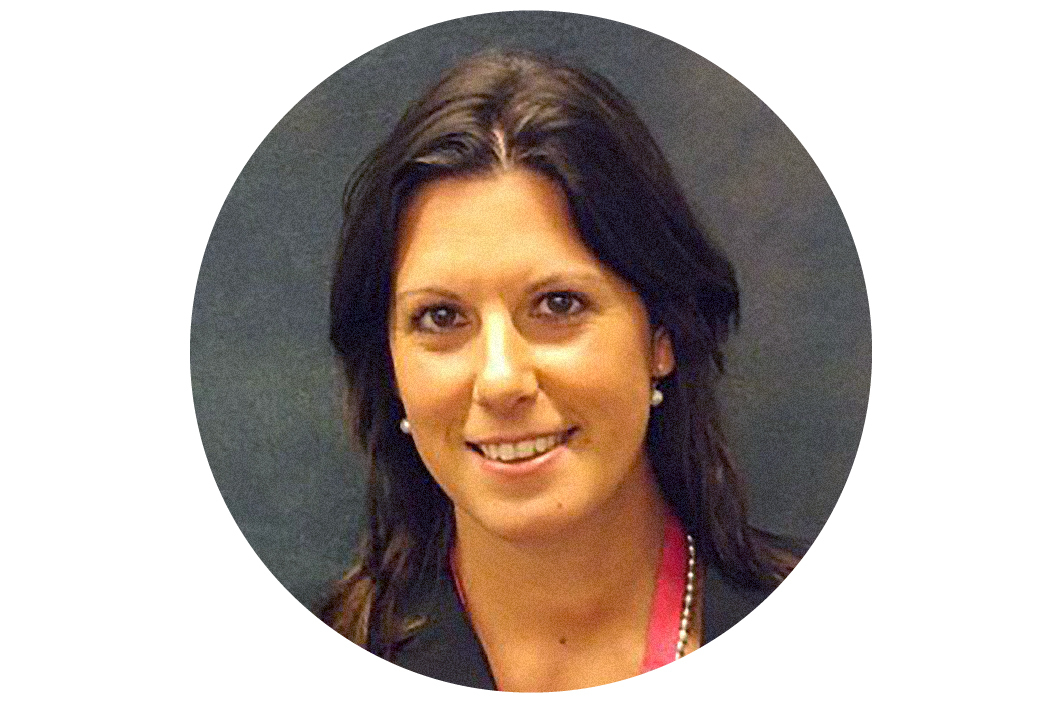“Attitude is everything”:
How to run a scientific partnership that works
7 min read
As Strategic Alliance Executive at Cancer Research Horizons, the innovation arm of Cancer Research UK (CRUK), Dr Beatrice Lana’s mission is to bring together the brightest
minds and boldest ideas to fast-track the next scientific breakthroughs in oncology research. Abcam has worked on
17 collaborations with CRUK to date, and Beatrice has played a key role in all of them. Here’s her advice on how to make a scientific collaboration successful.
At the start, put yourself in the shoes of each partner
It’s important to think of each stakeholder in the collaboration, from the scientists to the most senior
executive. Make sure everyone is clear about what you want to achieve, and that they’re all happy with the goal. This
especially applies when you’re taking over the management of a partnership from someone else. Don’t take anything for
granted – you can’t make assumptions.
Make sure that everyone’s pace and ways of working are aligned
We collaborate with companies big and small. For some procedures, we’re quick. For others, we need to be careful,
because we’re a charity. We have to adjust to our partners’ pace, too. So we need to manage everyone’s expectations.
If something takes a long time, or needs an unfamiliar procedure, make sure that it’s clear and accepted by all
parties. Otherwise, everyone will be unhappy.
Personal relationships are key
You can’t have a successful collaboration if you can’t communicate well with your partner. There will always
come a point where you’ll have to share difficult news about something that isn’t working. There’s a nice way of delivering that kind of message, and a not-nice way of doing it. Your attitude is everything. You have to treat people as you would like to be treated.

I’ve seen conversations get really heated when people can’t agree on the contract
A typical example is negotiating a closed data confidentiality
period for a collaboration agreement, which can keep going back and forth: ‘That’s what we want’ – ‘But that’s what we need.’ But in the end, it’s a clause we’re negotiating. So, the flaw is in the contract, not in the person you’re dealing with.
Bad feedback should focus on the project, not the person
It’s key to remember this. If criticism becomes personal, then problems will arise. There must be some detachment. Think of it as putting a shield between what’s not working and the person you’re discussing it with. But when the project does work, it should be the opposite. It worked because someone did well, so you should recognize their personal contribution.
We partner with abcam for antibodies – they’re the experts
When CRUK works with a scientist who wants to develop an antibody, abcam can really help. We found that a good way to collaborate was to leverage their expertise while they gain
access to our network, to understand our opportunities and to develop their own portfolio. We’ve always had a good relationship with abcam, and we’re building that relationship, building on a partnership that works.
Always be thinking about what to do next
It’s an amazing feeling when one of our projects is delivered successfully. Everyone’s happy, and I feel like I’ve contributed a little bit to that. But the most exciting part of my role is thinking strategically about how to develop and build our alliances. How can we expand? Can we collaborate even more? That’s the part I really like.

Further your oncology research
Find resources and tools across hallmarks of cancer, oncogenic signaling pathways, and clinically relevant biomarkers, so you can spend more time making the next breakthrough in cancer research.

 Back
Back